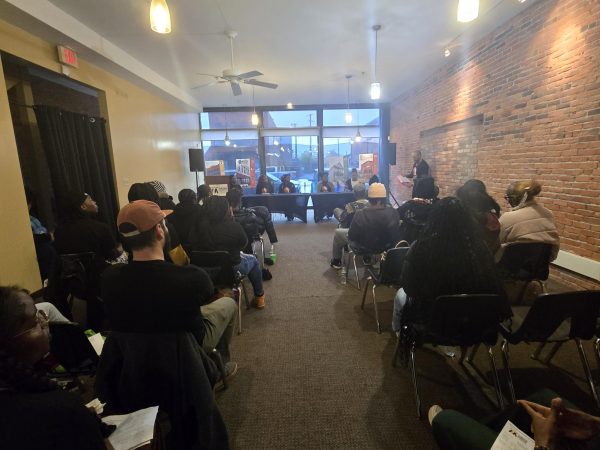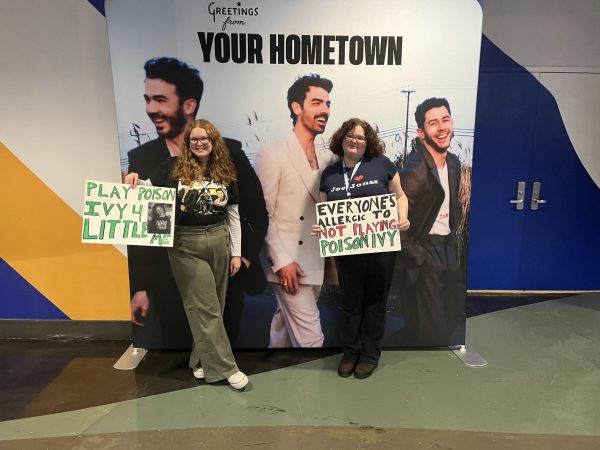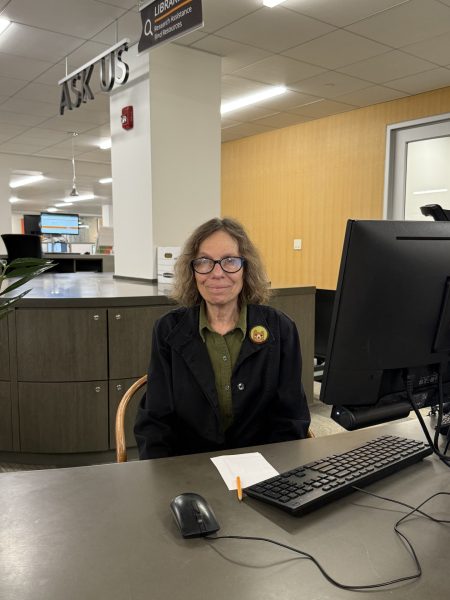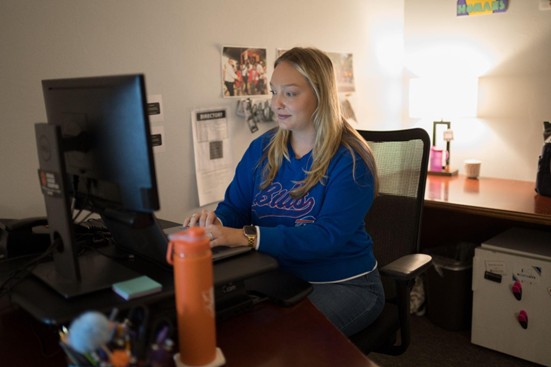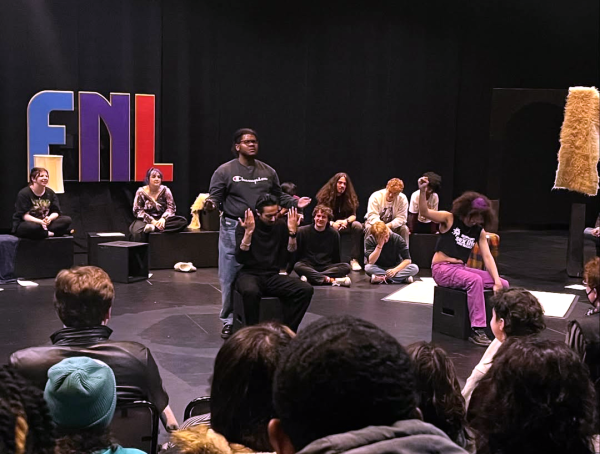The dating game: how can students play it — and win?
Dating: one of the most popular topics of discussion among college students. Some girls complain that no guys want relationships while others assure their friends they want nothing to do with one. Guys complain that too many girls want something more serious, or rather they are upset by the startling understanding that so many girls “just wanna have fun.”
We all hear way back in middle school that college is where you meet your “soulmate,” and we grow up thinking it to be true. So why is it that when we walk around campus the number of couples we see is surprisingly slim?
Perhaps it’s because we’re at Buffalo State. According to USA Today, only 28 percent of students at public colleges meet their future spouse while in school, while 60 to 70 percent of students in religious and private schools, depending on the individual school, meet the person they end up marrying while at college.
This statistic led me to do further research to see why the percentage of public college students finding true love is so few. A poll of 100 students — 50 male, 50 female — revealed that less than half of the young women interviewed (46 percent) said they wanted or already had a relationship during college, while 52 percent of young men said they wanted one.
The most popular relationship status was that of “single.” At least, the majority of people I asked were, and many of those I polled wanted to stay that way.
“Girls want love, but they hide it,” Buffalo State student Ilia Sargent-Barba, who calls herself “super single,” said. “A lot of times guys feel the same. People don’t want to want [relationships] but it’s human nature.”
Sargent-Barba added that only a decade or two ago, things were different — people took things slower and had different values, therefore that is why it seems there has been such a shift in the number of people who find their future spouse while in college. She also mentioned the trend we seem to be seeing so often — college students having multiple sex partners.
“I think it has always been a trend,” she admitted. “People want intimacy without the title.”
She added that while in college, students want to do two things — party and study — neither of which really fits in with having a serious, time-consuming relationship.
Sargent-Barba admitted she has had “friends” since she has been a student here.
“I’m happy with my situation,” she told me, “but sometimes I catch feelings. I think that’s what happens to a lot of the people here who are in relationships.”
Another typical situation was “recently single” — rather, those who came to Buffalo State in a relationship that ended soon after.
Erin Sullivan and Celena Browning, both freshmen, were in committed relationships upon coming to college, yet both ended after being here for only three weeks. This seems like a crucial period to determine if you really want to make a commitment to someone.
Sullivan had been dating her boyfriend since the beginning of the summer and worried about leaving for college. He assured her that there was nothing to worry about, especially since she was still close to home. The first couple of weeks went well, until one weekend when Sullivan went home and found her boyfriend acting strangely. One week later, she got a text message saying he had found someone else.
Sullivan believes the breakup was because of the weeks spent apart and the fact that he was still a senior in high school, with other girls closer to him.
“If I were home,” she said, “maybe it wouldn’t have happened.”
Browning had been in a relationship with her boyfriend, Pat, for over a year when they left for college. At first they were determined to make it work, despite being seven hours apart. The second week of school, Pat stayed with Browning for a week as a surprise. Soon, he came to the conclusion that her friends and the parties she was going to weren’t good for their relationship, and broke it off.
Although Browning wants to stay single, worry about herself and her grades, she believes college is a good place to meet someone and still has faith in the dating game.
“In college you see people’s true colors,” she said. “If you meet someone and it works, it is probably genuine.”
There are also a small number of students in long distance relationships with people from back home (including myself). Freshman Kaycee Barris and her boyfriend of four years are making their relationship work despite the eight-hour distance.
“It’s strenuous,” Barris said of the distance, “but my boyfriend comes up every two weeks on a train, so it’s not that bad.”
She said it was hard going from being only 15 minutes away from each other and seeing each other every day, to their current situation — but she did it for a specific reason.
“I wanted to get away from everything else and do the right thing for me and not base my decision on my relationship,” she said. “ If he’s willing to make it work long distance while he’s working and I’m away at school, then I am.”
Perhaps the distance takes a toll after all, though — she has since chosen to go back home for school, starting next semester.
The similarities here are clear: all of these students are young. But what about older students’ relationships?
Kate Schiller, an upperclassman, has dated her boyfriend Jeff for almost four months, and believes there is a difference in maturity with age when it comes to dating. As an underclassman, she was never really interested in serious relationships, which she thinks is a pattern among younger people — they want to meet new people and jump into relationships. Now that she’s gotten to know herself, dating has been easier.
“I think college is a great time to get to know oneself,” she said. “You study new and interesting subjects. You begin to form new ideas that you typically wouldn’t have the opportunity to otherwise. And in the process you meet people who are experiencing the same transitions.”
There is another interesting dynamic to her relationship: Schiller and her boyfriend are both devout Christians and are maintaining their purity until they choose to marry, if they do so.
“We began our relationship extremely transparent and tackled serious topics of concern early on,” she said. “We both had very similar life goals in terms of how the house should be run, children and most importantly, our faith.”
Schiller’s relationship proves that the most important thing you can do, as you navigate through the dating world, is remain true to yourself. If you do that, everything else falls into place.
Email: yeager.record@live.com


